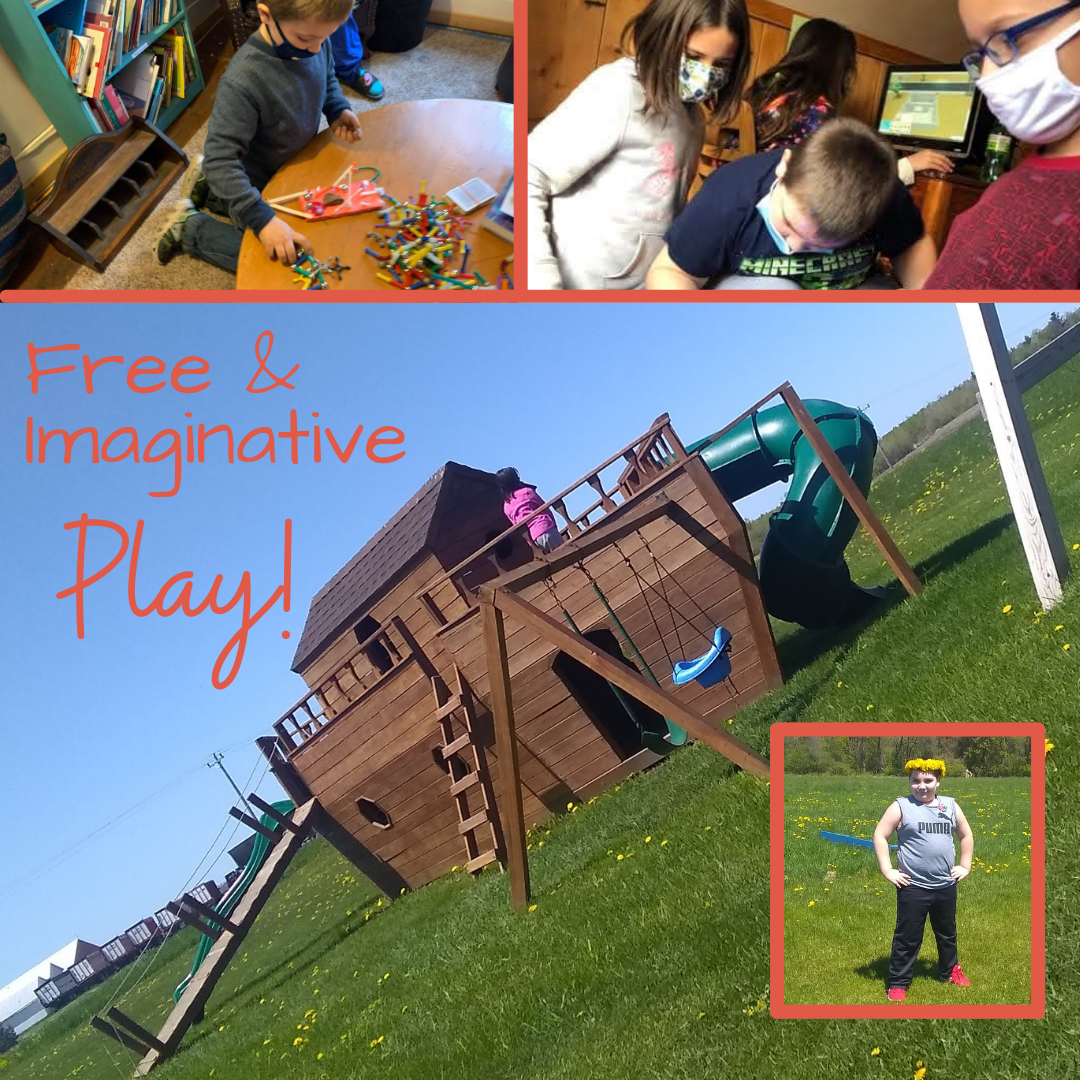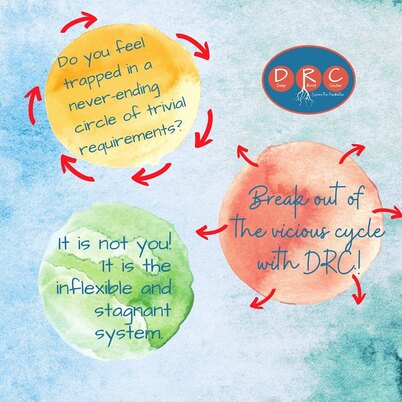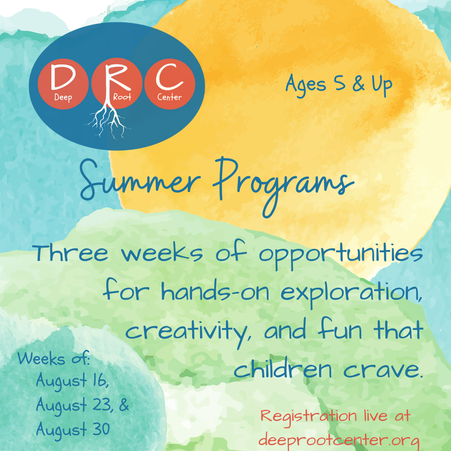|
How many times, in your lifetime, have the words "stop playing and focus" or "get your head out of the clouds and stop daydreaming" been directed at you? Once again, those phrases of rebuke that most of us have heard throughout our lives are misguided and outright flawed in our world of authority-driven, cut-throat competition. Researchers are discovering that our brains need downtime. They demand all those unfocused quiet moments to reach their maximum creative capacity. Think about the times in your life that your most exciting ideas have seemingly flown into your head. I would bet it is when you are engaged in the mundane - doing the dishes, mowing the lawn, when you are in a yoga pose repeating your mantra, trying to meditate, or as a child when you were doodling or building with Legos. These are what I call the in-between spaces where inspiration has explicit permission to bubble up from the depths into your conscious mind to be acted upon. We know that you cannot force creativity - no amount of punishment, reward, or other coercive methods can produce innovative thought. And as I wrote last week, innovation also requires allowing ourselves to play and "screw up" - once the imaginative process is engaged. The great Sir Ken Robinson, who sadly passed away nine months ago, spent much of his career writing and speaking about the creativity gap. In his 2007 TED talk, Do Schools Kill Creativity, the most-watched TED ever, one of the ideas he brings forward is, "If you are not prepared to be wrong, you will never come up with anything original. By the time they get to be adults, most children have lost that capacity. They have become afraid of being wrong. We are educating people out of their creative capacity." So what is the ideal educational environment? I will argue that it is simply one that supports creativity instead of squashing it. As Peter Gray points out in his work, children learn through free play and independent investigation. Full stop. However, most of us don't want to hear that adult intervention and curricula are irrelevant and meaningless. But, it is, in fact, true. "But," you ask, "if I am not directing the process, where is my place in all of this?" While children require the space and time to dream, imagine, and play - they also need access to supportive adults who will foster those in-between spaces for deep thought and free play. These are mentors who will always be available with a listening ear and loving encouragement (be clear that they will always advocate for them). And then, when they are ready, the adults will supply the materials and resources, stand back, get to hell out of the way - watching and cheering from the sidelines as the magic unfolds. DRC News If your child is miserably unhappy - there is a reason, and it is not their fault. DRC can help them find their happy place again. Get in touch today. We are currently enrolling for the 21/22 academic year. DRC Summer Programs - Registration is live.
Comments are closed.
|
|
© 2024 Whole Learners, Inc. 501(c)3
Deep Root Center
48 Riverside Drive, Canton, NY 13617
315*323*1435/[email protected]
Deep Root Center
48 Riverside Drive, Canton, NY 13617
315*323*1435/[email protected]





